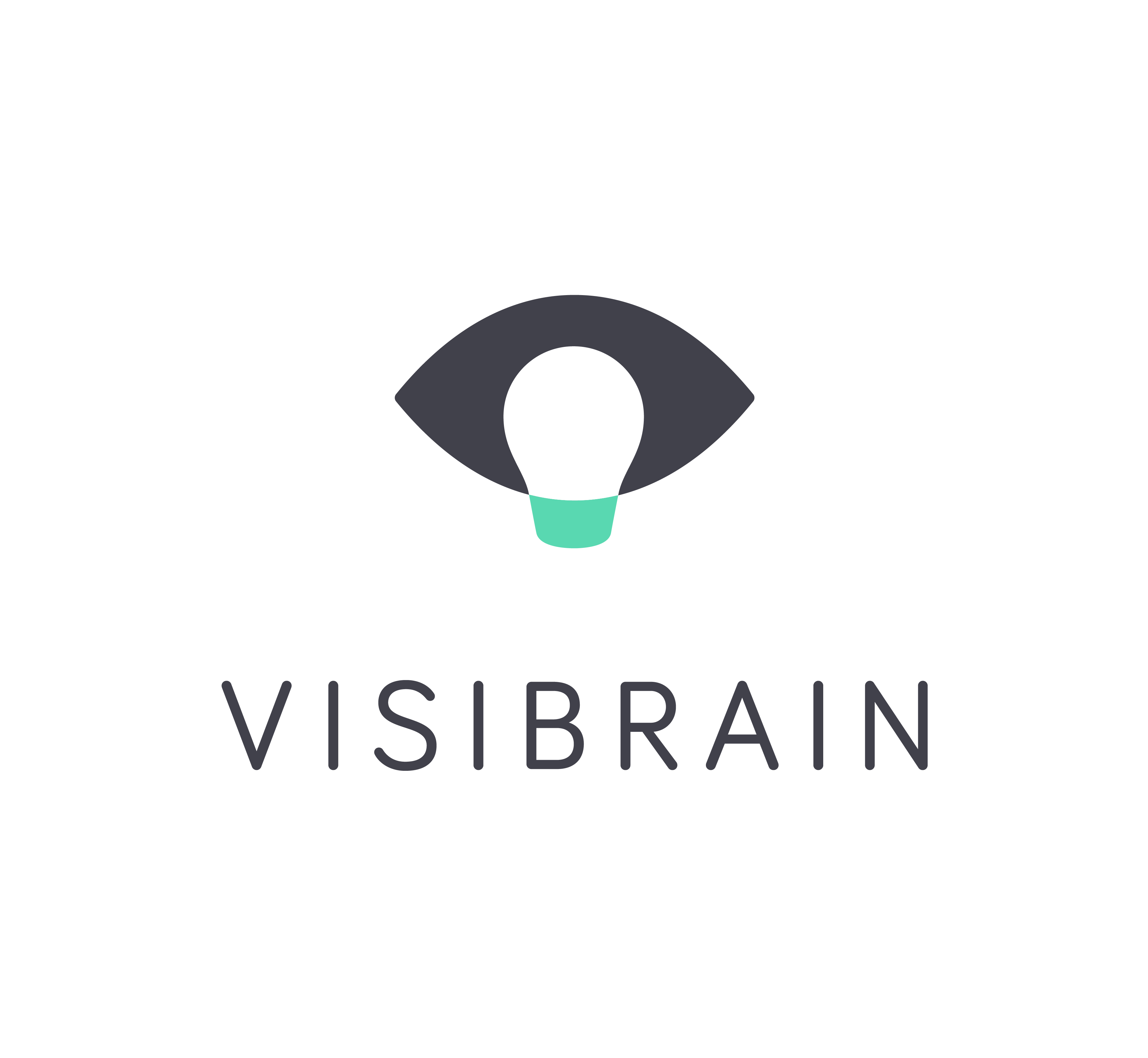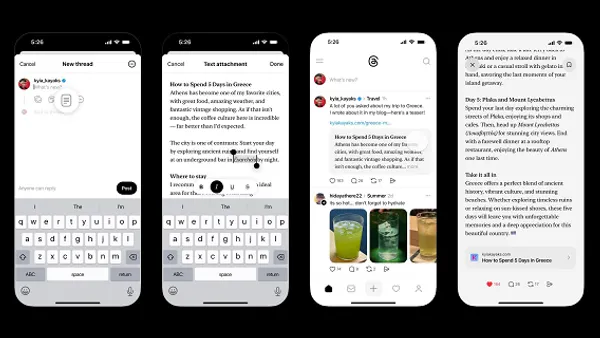Speculation about whether Facebook would try to enter the enterprise market has been percolating for years. That speculation became news last June and became a point of fact last week, when Facebook at Work (aka "FB@Work", or simply "Work") was officially launched - sort of.
Technically, it's still in beta, with testing being done by a limited set of unidentified partner firms. Facebook hasn't made any official announcements and only answers a few basic questions via this help page. The media coverage and details on what the product includes and how it will work are both still sketchy, but some details can be found in the following:
- Facebook Unveils Facebook At Work, Lets Businesses Create Their Own Social Networks
- How Facebook At Work Could Shrink Faceless Enterprises
- 'Facebook at Work' Launches So You Can Never Not Be on Facebook
Having read these articles and others, I'm far from convinced that this offering is likely to succeed. It's not that I don't believe in the idea of it. I've argued for at least the past five years that the intra-organizational applications of social technologies will be far more significant than consumer-oriented and external applications, and I'm a strong advocate of the implementation of private social networks to enhance communication and collaboration among colleagues. See, for example:
- Reducing the Role of Email in Organizations: Change is Overdue
- Private Social Networks: Every Organization Needs Them
- Social Software Platforms: High-Level Guidance for Organizations
Facebook has been wildly successful as a consumer-oriented social network, but that doesn't mean they're primed for similar success in the enterprise space. It's worth remembering that the company has launched a number of unsuccessful products over the years, including Beacon, Graph Search, Facebook Places, Facebook email, and the recent iteration of Poke.
Facebook should be lauded for their ongoing efforts to grow and change, but it's illogical to assume that Facebook at Work will succeed simply because it's Facebook. As their peers at firms like Google, Amazon and Microsoft can attest, being a giant player with a history of past wins is no guarantee of dominance in a new playing field.
Here are some of the challenges they face, both in the short and longer terms.
Facebook at Work is an Underdeveloped Offering
The product will be available via desktop and as Apple and Android apps. The main features include user profiles, groups, messaging, individual and group chat, the news feed, search, and events, but these have some apparent limitations:
- Individual updates lack granular controls: everything an employee posts is automatically shared company-wide, unless the employee specifies "Only Me" and tags specific individuals
- Employees can't directly control their own news feeds: algorithms driven by things like people with whom an employee interacts the most and posts "endorsed" by other colleagues will determine what gets presented
- All events are company-wide: employees cannot create events for departments or work or other groups of which they're a part
More importantly, Facebook at Work is missing key collaboration features, including the ability to share and co-edit documents, project and task management tools, and discussion threads that are independent of messaging and chat. Currently there is no ability to use third-party apps to substitute for the missing features, and it's unclear whether and how organizations can customize the product (e.g., to reflect their own branding).
There are More Fully Developed Options Available
Facebook at Work is a late player to the enterprise social network (ESN) space. Yammer and Chatter, for example, have been around for years, as have platforms like Jive, IBM Connections and Socialcast. These platforms offer the same basic features that Facebook at Work provides (often more), plus greater customization, granularity and control.
Facebook seems to believe that its familiarity will be a selling point and differentiator, but that distinction was lost a long time ago. Many ESN platforms are referred to as "Facebook for work" because they've already included a lot of Facebook-type features and design elements to increase familiarity and promote ease of use.
Organizations Need Integrated Solutions
Facebook's approach to product offerings has been to decouple them and run them as separate applications, but in the enterprise space integration and interoperability are key. Employees need to access digital spaces that serve as portals to other platforms and systems, in addition to providing high levels of communication and collaboration functionality in their own right. Just as these employees sit in a single physical space that serves as their individual command center, they need a comparable digital command center from which they can work. In other words, what organizations should be striving for is a system that enables them to realize the initial promise of enterprise intranets. Facebook at Work does not offer that.
The Marketplace is Crowded and Competitive - and the Facebook Brand is Weak
There are dozens of companies, from start-ups like Slack to established firms like Microsoft, that are vying for clients in the ESN space. When you add in the companies with related offerings like document management (e.g., Google Docs, Box), project management (e.g., Basecamp, Huddle), and social intranets (e.g., Interact Intranet, Intranet Connections, IGLOO), the field is even more crowded.
Many large enterprises have already invested in existing platforms (especially Yammer if they are committed to SharePoint and Chatter if they're big Salesforce users), so why would they switch to Facebook at Work or add it on top of what they already have?
More importantly - why would that want to? Facebook is perceived as a consumer brand, and it is certainly not associated with work or productivity. In many organizations, in fact, it's considered a time waster and productivity drain, especially by senior management. How is Facebook going to overcome those negative perceptions and get buy-in from leaders and decision makers?
Privacy and Security are Still Big Questions
Facebook's brand challenges include its history of questionable and confusing privacy practices. They say they do not intend to track user activity or data on Facebook at Work, but it's unclear exactly how they plan to segregate and protect clients' proprietary data, confidential information, intellectual property, etc.
Managing employees' personal and professional accounts also appears to be a bit tricky. Apparently each employee will maintain separate accounts, but they can be linked. This creates obvious risks in terms of people accidentally posting something to the wrong account, and it also creates challenges for organizations that officially ban Facebook at work. From the employee perspective, using Facebook at Work further blurs the distinction between their work and non-work lives, which many people are not keen on.
Will Facebook at Work be Monetized - and if so, How?
Facebook has become a behemoth by offering a free product and selling advertising based on user demographics and activity. Facebook at Work is currently both free and ad-free, but it's unlikely to stay that way. Understanding how they plan to make money is critically important. Are ads a possibility? If they monetize the product, what kind of pricing structure will they create? Organizational decision makers need answers to these questions before they can invest time and resources into building and maintaining a Facebook-based ESN.
Will It Play in Peoria?
Facebook is very enthusiastic about this offering, touting the fact that they've been using a version of FB@Work for internal communication and collaboration for years. But we have to remember that Facebook is a tech company, with a workforce that is digitally literate and full of early adopters and tech enthusiasts. Their employees are not representative of the work world at large.
Many organizations have faced serious adoption challenges with the ESN platforms they've already committed to. Although there are a host of reasons for this, a key one is that many employees lack the competencies they need to effectively leverage the digital communication and collaboration tools now available to them to do their jobs. Nothing about Facebook at Work will change this.
And as noted earlier, organizational leaders and decision makers are a skeptical, conservative bunch. Facebook has to be prepared to overcome the negative perceptions of their brand, in addition to addressing their concerns and doubts about issues like privacy and security.
What do You Think?
Based on the articles I've read, it appears many members of the digital commentariat share my perspective that the prospects for Facebook at Work aren't great.
What do you think? Does this sound like a viable offering? What benefits do you see for organizations? Will Facebook be able to address the concerns being raised? How can it meet the challenges it faces?











